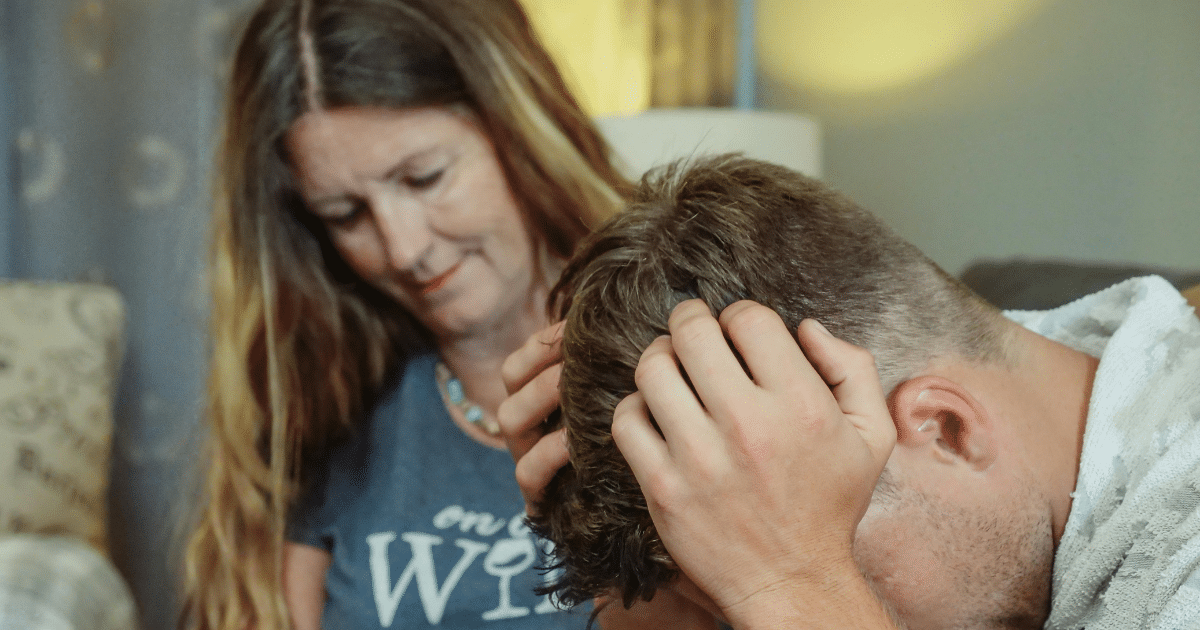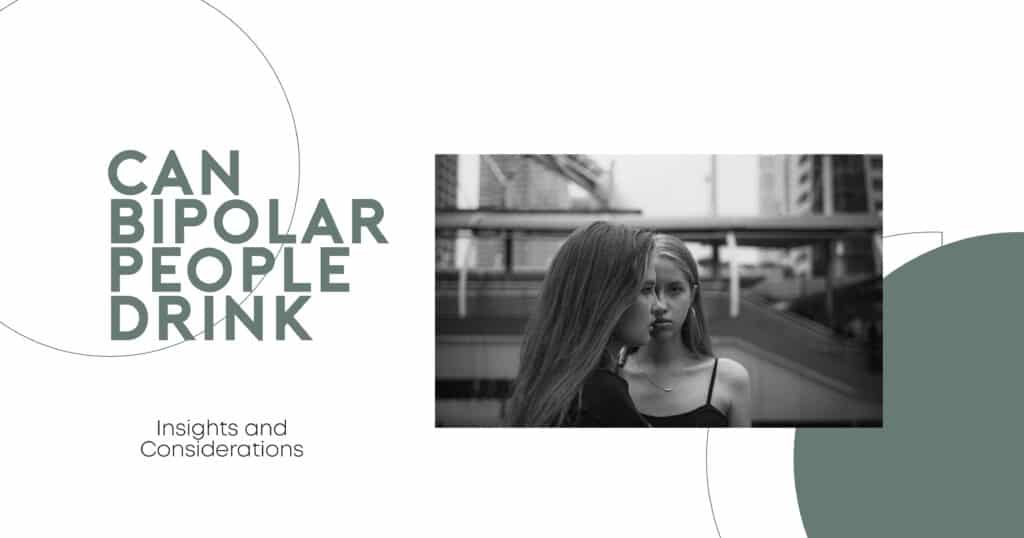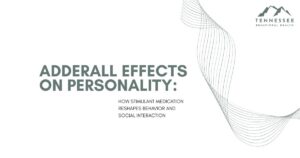Bipolar disorder is a complicated mental health condition in which there are extreme mood swings that range from low moods to manic highs. To be able to deal with this disorder requires a normal balance of medication, therapeutic sessions, and a few changes in lifestyle choices.
Among these options, alcohol consumption is one of the most basic steps and is highly debated. Can bipolar people drink? What are the risks, and what should people with bipolar disorder consider before taking alcohol?
In this guide, we will find out the effects of alcohol on bipolar disorder, the bad effects of bipolar medicines and their relation to alcohol, and how severe drinking habits affect the stable mood and wholesome mental health of the patient.
Whether you are communicating your diagnosis or helping someone else, it is important to understand these interactions for long-term health and wellness.
Impact of Alcohol on Bipolar Disorder
Alcohol is a nervous system depressant that changes the brain’s normal functioning, mood, and behavior. For people living with bipolar disorder, these types of changes can be dangerous.
Alcohol has a prolonged effect on neurotransmitters such as serotonin, dopamine, and (Gamma-Aminobutyric Acid) GABA, which already have an impact that causes disorder in the balance in bipolar disorder. The introduction of alcohol into this type of situation destabilizes a person’s mental condition, intensifies mood swings, and increases the chances of risky behavior.
At PubMed, it is shown that individuals with bipolar disorder are at a significantly higher risk of developing alcohol use disorder (AUD) than people with normal temperament. The co-occurrence of bipolar disorder and alcohol dependence makes the treatment more difficult and often leads to more major hospitalizations of patients, increased risk of suicide, and outcomes in the long term gets poor long-term outcomes.
Tennessee Behavioral Health
The Complex Relationship Between Bipolar Disorder and Alcohol
The complicated relationship between bipolar disorder and alcohol shows that it is purely physiological and psychological. Many individuals who have bipolar disorder turn to alcohol as a major form of medicine to escape depressive conditions or to improve feelings of euphoric desires getting fulfilled during manic phases. Unfortunately, this mechanism of dealing with depression only provides temporary relief and often leads to a hyperemotional condition, which causes instability.
Mood Conditions With Alcohol
Alcohol also triggers new mood conditions, especially manic or hypomanic episodes, which worsen the symptoms. Some people find out that even minimum amounts of alcohol make their situation very difficult to manage. In this regard, the consumption of alcohol with bipolar disorder becomes a part of lifestyle choice. It becomes a potential health risk.
Stigma and Misunderstanding of Bipolar
Discussion about the issue becomes a stigma and misunderstanding that surrounds bipolar disorder, which leads to some individuals isolating themselves socially, or they simply avoid seeking help from rehabilitation centers.
In such cases, alcohol becomes a socially acceptable way to cope with internal emotional chaos, making it very difficult to recognize the underlying issues and treat them effectively.

Effects of Alcohol on Bipolar Disorder Symptoms
The effects of alcohol on bipolar disorder symptoms differ depending on the time of the illness, the unique biology of an individual, and whether they are on medication or not. Common harmful effects include:
- Worsening Depressive Symptoms. Alcohol is a depressant drug and can cause feelings of prolonged sadness, severe hopelessness, and excessive fatigue during depressive periods.
- Triggering Mania or Hypomania. Alcohol harms sleep and impairs judgment, both of which are known triggers for manic disorders.
- Increased Impulsivity and Risk-taking. When mania hits, alcohol may induce reckless behavior like spending sprees, unsafe sexual involvement, or aggressive tantrums.
- Suicidal Ideation. The collaborative combination of depressive signs and alcohol use mainly increases suicidal thoughts and such types of behaviors.
- Cognitive Impairment. Chronic use of alcohol leads to loss of memory, difficulties in focus, and poor decision-making, all of which complicate the process of bipolar disorder.
These effects elaborate that using alcohol with bipolar treatment or during unresolved episodes can have multiple serious and sometimes incomprehensible consequences.
Alcohol Consumption With Bipolar Medication
Medication is the major cornerstone of improving bipolar disorder, with stabilizers that impact mood positively, antipsychotics, and antidepressants such as Xanax prescribed by doctors to cure symptoms. On the other hand, the introduction of alcohol into this week’s psychological system leads to dangerous situations.
Bipolar Medication and Alcohol Interaction
Multiple medications interact with alcohol in hundreds of ways, but the following are a few common concerns:
- Lithium. Alcohol causes loss of water and imbalance of electrolytes, which increases the risk of lithium toxicity in the body of the patient, which then becomes a life-threatening condition.
- Anticonvulsants. Alcohol increases sedation and impairs neurological skills. In some cases, it may decrease the effectiveness of the medication.
- Antipsychotics. These medications often cause lethargy and neurological slowing, which alcohol can aggravate while increasing the risk of accidents or overdose.
- Antidepressants. Alcohol increases negative impacts like drowsiness, dizziness, and mood instability, while also reducing the drug’s overall effectiveness.
As you know, these medications are essential for mood stabilization. So, if we combine them with alcohol, they can undermine the treatment process and put the patient at risk of hospitalization.
Alcohol’s Influence on Mood Stabilization
One of the main points to achieve in managing bipolar disorder is maintaining the whole scenario of mood stabilization. Alcohol works as a destabilizing factor in this aspect. It retards sleep, decreases the major impact of medication, and can throw people off their routines that play a major role in emotional health.
Even small portions of alcohol can lead to a delay in the effectiveness of doses of medication, emotional stability, and poor judgment. All of this destabilizes mood. Over time, the use of alcohol leads to treatment resistance, where medications that were once very effective no longer work as well.
Several psychiatrists advise total abstinence from alcohol for people with bipolar disorder. For those who choose to drink alcohol or do drugs, it is very important to do so with medical supervision and full awareness of the risks involved. The National Institute on Alcohol Abuse and Alcoholism (NIAAA) stated that alcohol can affect mental condition and can alter the treatment for mood control.
Tennessee Behavioral Health
Risks of Bipolar Relapse and Alcohol Usage
One of the most concerning topics is that when we discuss bipolar people and their drinking habits, it is considered an elevated problem of bipolar relapse. A bipolar relapse and alcohol, usually presented as the return of fully manic in an individual, hypomanic person, or depressive signs after a period of stable condition. Alcohol is one of the most basic and common environmental triggers for relapse.
Key relapse possibilities include:
| Disruption Of Sleep | Alcohol disturbs the normal pattern of sleep, which is a main factor in both waking and worsening bipolar issues. |
| Stress And Isolation | Drinking leads to forgetfulness or conscious skipping of medications. |
| Poor Medication Adherence | Drinking leads to forgetfulness or conscious skipping of medications. |
| Physical Health Decline | Chronic alcohol use can lead to liver damage, heart problems, and nutritional deficiencies, all of which can negatively affect mental health. |
| Stress And Isolation | Alcohol use increases interpersonal issues and contributes to feelings of isolation, both of which are major triggers for mood swings. |
Relapses are not only emotionally exhausting but also potentially very dangerous and harmful. Each episode causes an increase in the risk of hospitalization and long-term neurological and cognitive decline. Therefore, avoiding alcohol is an essential part of a relapse prevention plan.
Learn About the Challenges of Managing Bipolar Symptoms at Tennessee Behavioral Health
Management of bipolar disorder is a long journey that requires conscious choices, healthy coping methods, and a vigilant support system. Some individuals wonder if people with bipolar disorder drink – the risks often exceed any recognized benefits. Alcohol use severely disrupts the treatment. It increases the risk of relapse and makes it very hard to maintain emotional and cognitive balance.
At Tennessee Behavioral Health, we understand the off-topic challenges of life with bipolar disorder. Our experienced professionals in mental health are here to help you or your loved one find stability through special care, mental health-based treatments, and supportive help. Whether you need support in managing medication, coping with substance use, or are stuck with understanding how lifestyle choices affect your mental health, we are here for you every step of the way.
If you or someone you love and care about is struggling with bipolar disorder and bad drinking habits, contact us today. We are here to support and help you on your journey towards better mental health and long-lasting recovery. Tennessee Behavioral Health or call now to speak with a mental health specialist.

FAQs
How does alcohol consumption affect individuals with bipolar disorder?
Alcohol can make bipolar symptoms worse by increasing mood swings. It may cause people to feel more depressed or more manic. This can make it harder to manage the disorder.
What are the risks of alcohol interaction with bipolar medications?
Alcohol can reduce how well bipolar medications work. It may also increase side effects like drowsiness or dizziness. In some cases, it can be dangerous or life-threatening.
Can drinking alcohol lead to a bipolar relapse?
Yes, alcohol can trigger a relapse in people with bipolar disorder. It can upset the brain’s balance and lead to manic or depressive episodes. Staying alcohol-free helps keep moods stable.
How does alcohol impact mood stabilization in bipolar disorder?
Alcohol interferes with brain chemicals that control mood. This can make mood swings harder to control in bipolar disorder. It also makes mood stabilizers less effective.
Tennessee Behavioral Health
Is managing bipolar symptoms with alcohol safe or effective?
No, using alcohol to manage bipolar symptoms is not safe. It can worsen the condition and cause serious health problems. Proper treatment and therapy are much safer and more effective.




